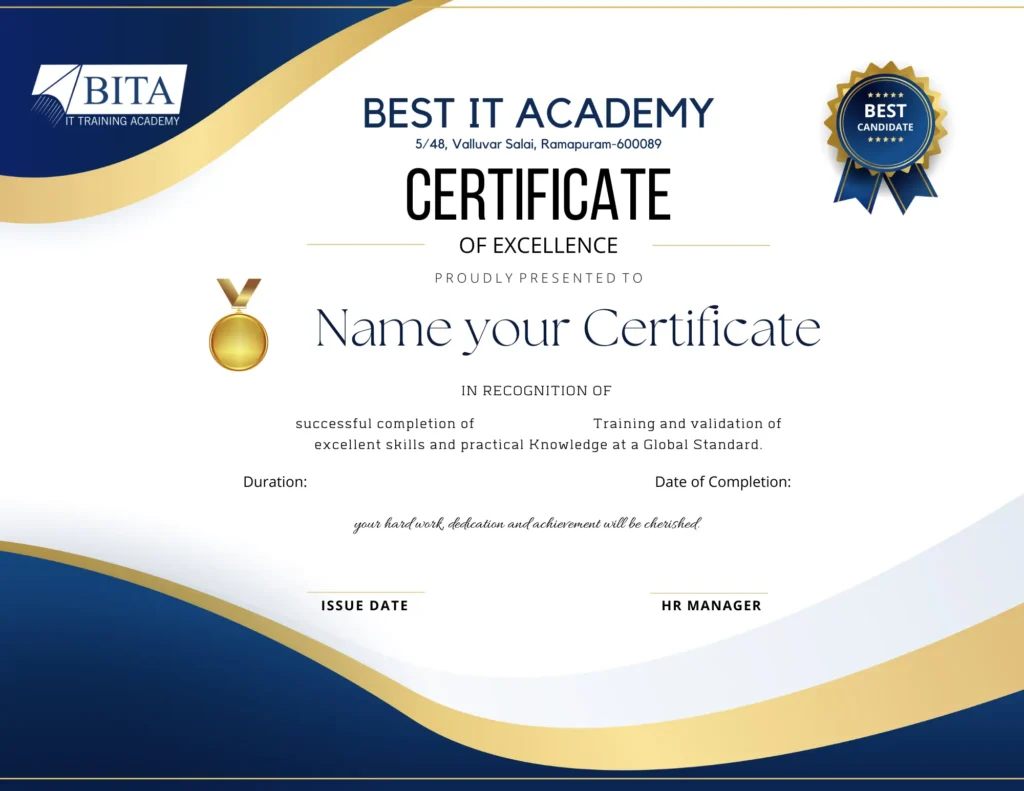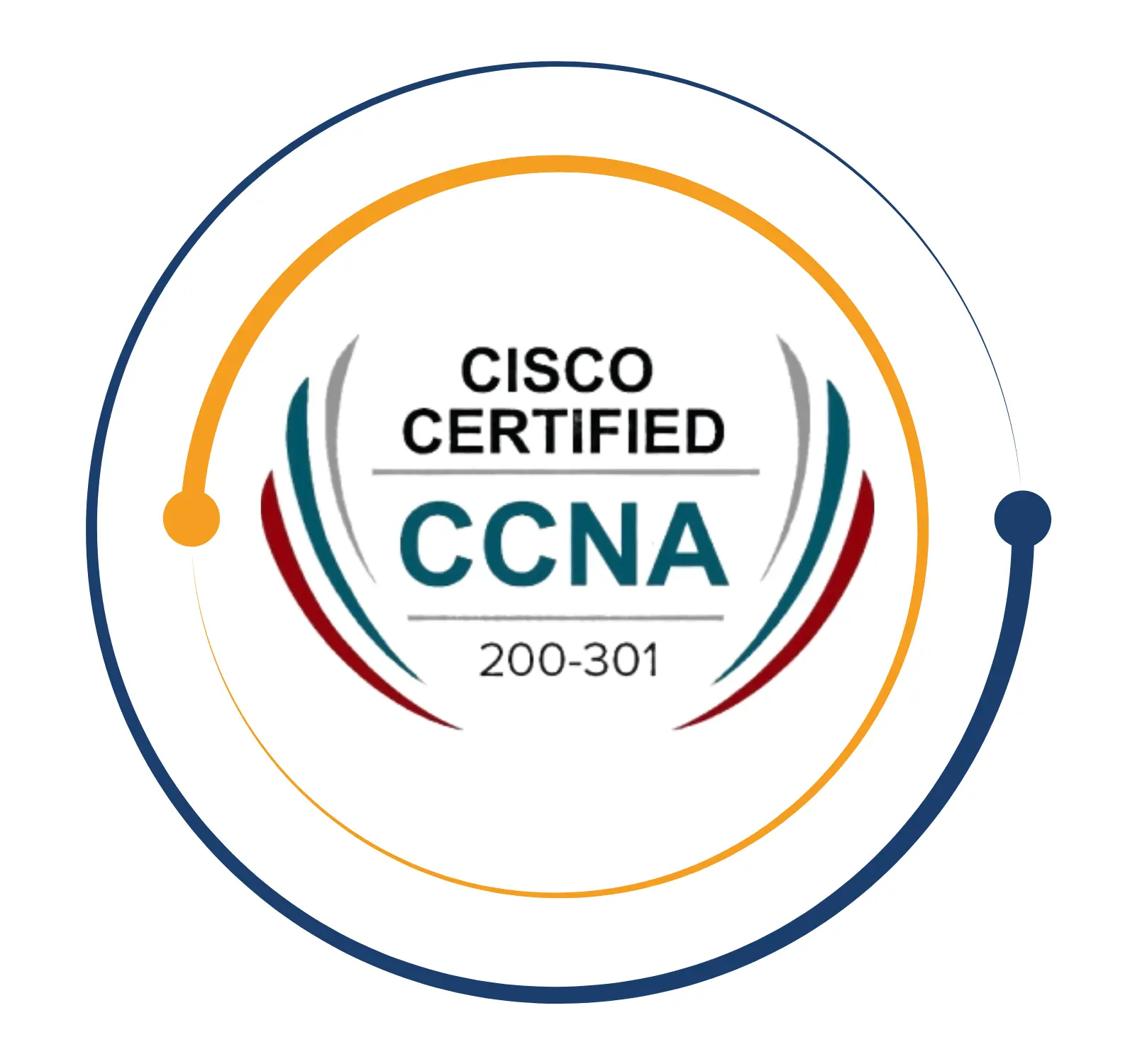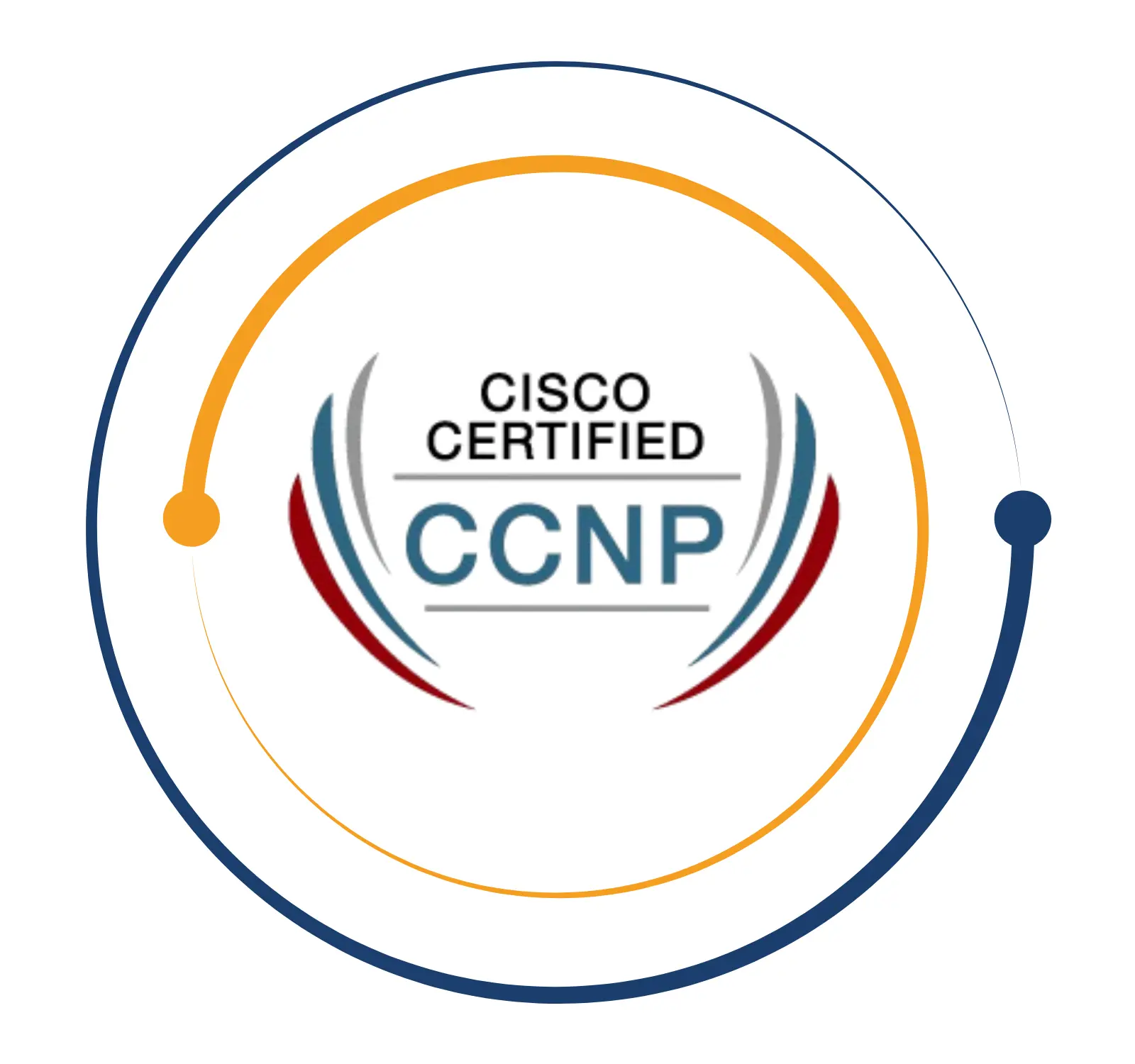Get PMP certified and take your project management skills to the next level
PMP Certification Training Course
Welcome to BITA Academy’s comprehensive PMP Certification Training Course, designed to provide you with the skills and information required to succeed in project management responsibilities. Whether you’re a seasoned expert hoping to further your career or a beginner looking to enter the sector, our PMP Certification Training course will offer you the essential knowledge and preparation to obtain PMP certification.
- PMP stands for Project Management Professional, a globally recognized qualification the Project Management Institute (PMI) provides.
- It denotes expertise in project management principles, techniques, and best practices.
- PMP certification is highly valued in various industries and is frequently required for project management positions.
PMP Certification Training Course
Welcome to BITA Academy’s comprehensive PMP Certification Training Course, designed to provide you with the skills and information required to succeed in project management responsibilities. Whether you’re a seasoned expert hoping to further your career or a beginner looking to enter the sector, our PMP Certification Training course will offer you the essential knowledge and preparation to obtain PMP certification.
What is a PMP?
- PMP stands for Project Management Professional, a globally recognized qualification the Project Management Institute (PMI) provides.
- It denotes expertise in project management principles, techniques, and best practices.
- PMP certification is highly valued in various industries and is frequently required for project management positions.
Roles and Responsibilities of PMP
- Project Planning: Collaborate with stakeholders to define objectives, scope, and deliverables. Prepare project plans, timetables, and schedules for timely completion. Budget and allocate resources for project goals.
- Team Leadership: Build skilled teams to complete project tasks. Give team members clear instructions and roles. Encourage teamwork to improve productivity and morale.
- Communication and Stakeholder Management: To effectively manage stakeholders, establish communication channels to keep them aware of project progress, risks, and difficulties. Maintain stakeholder expectations and address concerns to meet project goals. Maintain stakeholder engagement with regular meetings, status updates, and reporting.
- Risk Management: Identify potential uncertainty and risks that may affect project outcomes. Risk mitigation and contingency planning can reduce risks. Monitor and assess risks throughout the project lifecycle, changing strategies to ensure success.
- Quality Assurance: Establish standards and criteria to evaluate project performance and deliverable quality. Use quality assurance to verify standards are met. Regular evaluations and inspections help discover and resolve quality issues.
- Resource Management: Efficiently allocate resources to support project activities and priorities. Adjust resource consumption and availability to maximize production. Determine resource restrictions and dependencies that may affect project deadlines and deliveries.
- Change Management: To manage change, evaluate and assess changes to project scope, schedule, and requirements, considering their influence on project objectives. Formalize change requests for examination, approval, and execution. Communicate changes to stakeholders and team members to help them adopt new project goals.
- Close and Assess: Complete and deliver project deliverables to stakeholders. Conduct post-project reviews to evaluate performance, absorb lessons, and document best practices. Project outcomes, achievements, and opportunities for improvement should inform future projects.
- PMP stands for Project Management Professional, a globally recognized qualification the Project Management Institute (PMI) provides.
- It denotes expertise in project management principles, techniques, and best practices.
- PMP certification is highly valued in various industries and is frequently required for project management positions.
- Project Planning: Collaborate with stakeholders to define objectives, scope, and deliverables. Prepare project plans, timetables, and schedules for timely completion. Budget and allocate resources for project goals.
- Team Leadership: Build skilled teams to complete project tasks. Give team members clear instructions and roles. Encourage teamwork to improve productivity and morale.
- Communication and Stakeholder Management: To effectively manage stakeholders, establish communication channels to keep them aware of project progress, risks, and difficulties. Maintain stakeholder expectations and address concerns to meet project goals. Maintain stakeholder engagement with regular meetings, status updates, and reporting.
- Risk Management: Identify potential uncertainty and risks that may affect project outcomes. Risk mitigation and contingency planning can reduce risks. Monitor and assess risks throughout the project lifecycle, changing strategies to ensure success.
- Quality Assurance: Establish standards and criteria to evaluate project performance and deliverable quality. Use quality assurance to verify standards are met. Regular evaluations and inspections help discover and resolve quality issues.
- Resource Management: Efficiently allocate resources to support project activities and priorities. Adjust resource consumption and availability to maximize production. Determine resource restrictions and dependencies that may affect project deadlines and deliveries.
- Change Management: To manage change, evaluate and assess changes to project scope, schedule, and requirements, considering their influence on project objectives. Formalize change requests for examination, approval, and execution. Communicate changes to stakeholders and team members to help them adopt new project goals.
- Close and Assess: Complete and deliver project deliverables to stakeholders. Conduct post-project reviews to evaluate performance, absorb lessons, and document best practices. Project outcomes, achievements, and opportunities for improvement should inform future projects.
Get Instant Help Here
PMP certification displays knowledge of project management methodologies, tools and procedures. The PMP certification is recognized and respected worldwide, providing career progression and mobility opportunities. Certified PMP experts are in high demand across industries, and employers value their knowledge and credentials. Having a PMP certification generally results in greater earnings and better compensation packages. PMP certification necessitates continual professional development, allowing professionals to keep current with industry trends and best practices. Please use this opportunity to boost your career with our PMP Certification Training Course at BITA Academy. Enroll now and take the first step toward becoming a certified project management expert. Discover new employment prospects and boost your success in the dynamic field of project management.
- PMP Certification

The demand for PMP-certified personnel is expanding rapidly across industries as firms prioritize efficient project management. PMP certification validates ability in project planning, execution, and leadership, resulting in a high demand for skilled project managers to assure effective project results and organizational success. The typical income for PMP-certified professionals in India varies depending on their experience, industry, region, and business size. According to industry statistics, PMP-certified project managers in India can earn between INR 8 and 25 lakhs per year based on their experience and the complexity of their projects. With the growing demand for skilled project managers, the income potential for PMP-certified experts rises, making it a viable career option in India.
Enroll in our PMP Certification Training Course at BITA Academy and begin your rewarding road to becoming a certified project management expert. Acquire the information, skills, and certifications required to excel in project management jobs and pursue new career options in various industries.
Job you can land with PMP
What you will learn?
- Introduction Agenda
- What is PMP and PMI
- Introduction
- Agenda
- Definition of a Project
- What is Project Management
- What is Program Management
- What is Portfolio Management
- Project Management Office (PMO)
- The Triple Constraints
- Stakeholder Management
- Organization Structure
- Project Life Cycle vs. Product Life Cycle
- Introduction Agenda
- Project Life Cycle vs Project Management Process
- The Five Project Management Process Groups
- Process Groups, Knowledge Areas and Project Management process Mapping
- What happens in Each Process Groups
- Introduction
- Agenda
- What is Project Integration Management
- The Key role of Project Manager, Project Team and Project Sponsor
- Project Selection Methods
- The Integration Management Knowledge Area
- Develop Project Charter
- Develop Project Management Plan
- Direct and Manage Project Execution
- Monitor & Control Project work
- Perform Integrated Change Control
- Close Project or Phase
- Introduction
- Agenda
- What is Project Scope Management
- Product Scope vs. Project Scope
- The Key terms in Project Scope Management
- The Project Scope Management Processes
- Collect Requirements
- Define Scope
- Create WBS
- Verify Scope
- Control Scope
- Introduction
- Agenda
- What is Project Time Management
- What is Project Schedule
- The Key terms in Project Time Management
- The Project Time Management Processes
- Define Activities
- Sequence Activities
- Estimate Activity Resources
- Estimate Activity Durations
- Develop Schedule
- Control Schedule
- Schedule Network Analysis Techniques
- Introduction
- Agenda
- What is Project Cost Management
- Difference Between Cost Estimating and Cost Budgeting
- Control Account
- The Project Cost Management Processes
- Estimate Costs
- Determine Budget
- Control Costs
- Earned Value Management
- Project Selection Methods
- Introduction
- Agenda
- What is Quality Management?
- Cost of Quality
- The Project Quality Management Processes
- Plan Quality
- Perform Quality Assurance
- Perform Quality Control
- Seven Basic tools of Quality
- Introduction to Six Sigma
- Introduction
- Agenda
- What is Human Resource Management
- Roles and Responsibilities of the Project Sponsor
- Functional Manager vs. Project Manager
- The Project Human Resource Management Processes
- Develop Human Resource Plan
- Acquire Project Team
- Develop Project Team
- Manage Project Team
- Conflict Management
- Powers of Project Manager
- Motivation Theory
- Introduction Agenda
- What is Communication
- Communication Methods, Technology and Channels
- Basic Communication Model
- The Communication Management Knowledge Area
- Identify Stakeholders
- Plan Communications
- Distribute Information Manage
- Stakeholder Expectations
- Report Performance
- Introduction
- Agenda
- What is Risk
- How is risk calculated
- Risk Categorization
- Decision Tree
- Risk Reserve
- Plan Risk Management
- Identify Risk
- Perform Qualitative Risk Analysis
- Perform Quantitative Risk Analysis
- Plan Risk Responses
- Introduction
- Agenda
- What is a Contract
- Centralized vs. Decentralized contracting
- Different Types of Contract
- Key terms in Procurement Management
- The Procurement Management Knowledge Area
- Plan Procurements
- Conduct Procurements
- Administer Procurements
- Close Procurements
- Introduction
- Agenda
- Ensure Individual Integrity
- Contribute to Project Management Knowledge Base
- Enhance self Professional competence
- Promote Stakeholder collaboration
Weekdays
Mon-Fri
Online/Offline
1 hour
Hands-on Training
Suitable for Fresh Jobseekers
/ Non IT to IT transition
Weekends
Sat – Sun
Online/Offline
1.30 – 2 hours
Hands-on Training
Suitable for IT Professionals
Batch details
Week days
Mon-Fri
Online/Offline
1 hour
Hands-on Training
/ Non IT to IT transition
Sat – Sun
Online/Offline
1:30 – 2 hours
Hands-on Training
Why should you select us?






Why should you select Us?



















